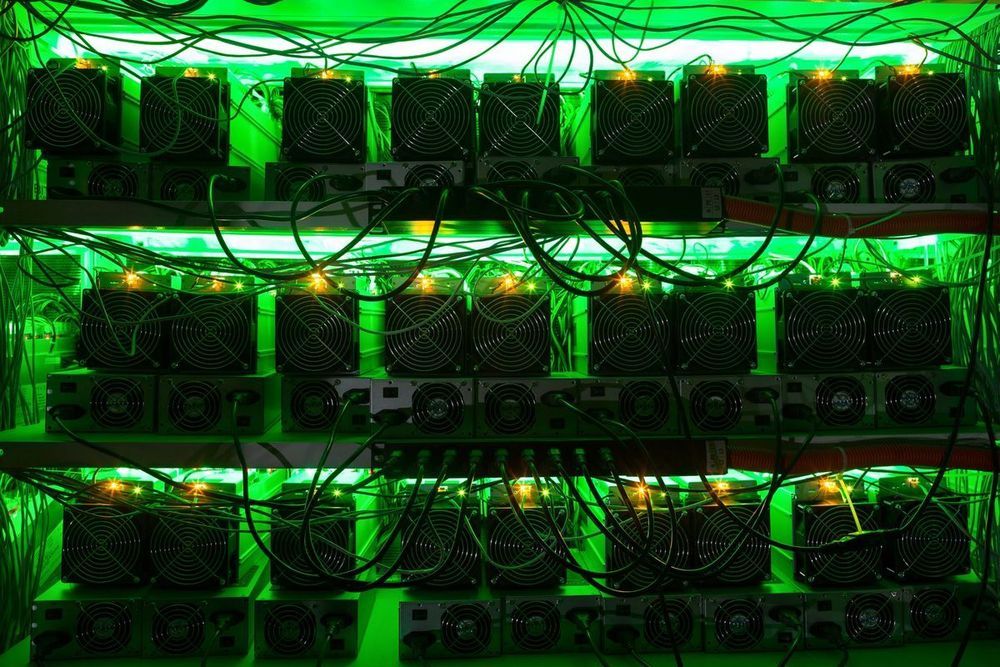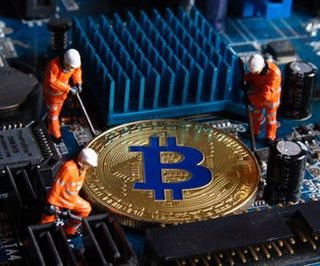Historically, human space exploration was initiated by the Soviet Union with the Sputnik launch into the Earth orbit in 1957. Humankind’s space endeavors grew with more determination after the first animal’s launch, a dog called “Laika”. Marked by the Soviet Union’s Yuri Gagarin trip in the Vostok 1 in 1961 and his compatriot Valentina Tereshkiva’s three-day space orbiting mission in the Vostok 6 in 1963, humankind succeeded to make the giant leap beyond Earth’s boundaries.
Nonetheless, the Yuri Gagarin’s spacewalk and Neil Armstrong’s first steps on the Moon remain the spark to ignite ambitious human prospects on space travel, which unleashed unlimited possibilities on the humankind’s expansion into outer space. The achieved milestones in space endeavors created a shift from a mere inspirational driver and curiosity feeder on existential questions [3] to a space race which grew from a bipolar race between the United States and the former Soviet Union to a different space race in which new actors, particularly private actors, have become essential players [4].
The most prominent ongoing transformation of the global space sector is the race to commercialize space driven by private enterprises and induced by governmental agencies who rewarded these enterprises billions of dollars in governmental space contracts. The evolution of space commercialization could be illustrated through the U.S. space economic emergence from the National Aeronautics and Space administration’s (NASA) monopoly to a more liberalized space sector. Such an emergence came as a consequence of NASA’s struggle to improve its military-based technologies to achieve cost-effective and safe space access [5] in addition to budget reductions and various costly accidents, which led NASA to outsource its spaceship manufacturing.
NASA’s outsourcing mechanisms were organized through public procurement contracts accorded through bidding mechanisms to a few private space giants. Under these procurement contracts, private entities undertook rockets and spaceships manufacturing supervised by NASA, who provided the launching facility. From 1982, private actors’ access to the space sector became less costly due to reduced entry barriers to the space sector [6].
Sparked by President Barak Obama’s policy in 2010, the space industry witnessed an unprecedented disruption characterized by decentralizing space activities from governmental entities to private sectors. As a consequence, the U.S. space sector has undergone a shift that impacted the global space sector. This shift was propelled by complex dynamics due to the interaction between various forces beyond simple market forces and driven by various factors. The combination of these factors, including the reduction of public entities’ involvement and the substantial private investment injection into the global space sector, created a diverse space sector [7]. The global space sector’s evolution created a revolutionary New Space market structure; thanks to its related complex geopolitics and complex forces, a new race started: the race to commercialize space.
#SpaceWatchGL
References
[1] Cousins, Norman, Philip Morrison, James Michener, Jacques Cousteau, Ray Bradbury, Why Man Explores, California Institute of Technology Symposium, Pasadena, July 2, 1976, California, NASA Educational Publication 123, Government Printing Office: Washington D. C., 1977.








